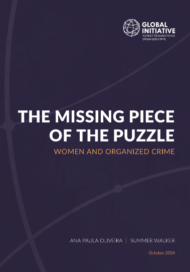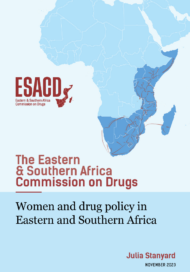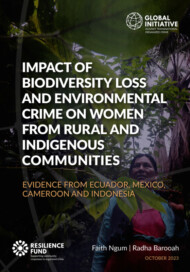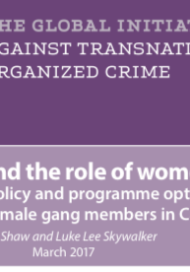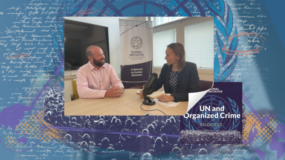Posted on 04 Oct 2024
Despite the existence of widely recognized international frameworks, a gendered approach to addressing transnational organized crime is generally lacking. That women are often the victims of organized crime —human trafficking is a good example— is a widely recognized phenomenon. But responses to organized crime often overlook women’s roles within criminal groups, and how they are impacted by illicit economies in ways that are different from men. They also fail to notice how women are agents in building effective responses to organized crime.
The report offers a unique gendered perspective, highlighting that organized crime impacts women in distinct ways. It calls for policies that address these specific vulnerabilities, particularly the link between gender-based violence and criminal economies. Moreover, the research emphasizes the need for gender-sensitive criminal justice reforms to ensure non-discriminatory responses.
In addition to exploring women’s involvement in organized crime, the report also spotlights their crucial role in responding to and resisting it. Women-led initiatives are central to building resilient communities affected by criminal activity. The report draws from real-world examples of women working on the frontlines to combat the influence of criminal groups in their local contexts, from Cape Town to Central America.
The study offers actionable recommendations for policymakers, law enforcement agencies, and gender rights advocates working on transnational crime. It underscores the importance of integrating gender into international discussions on organized crime and promoting women’s inclusion in decision-making roles.
